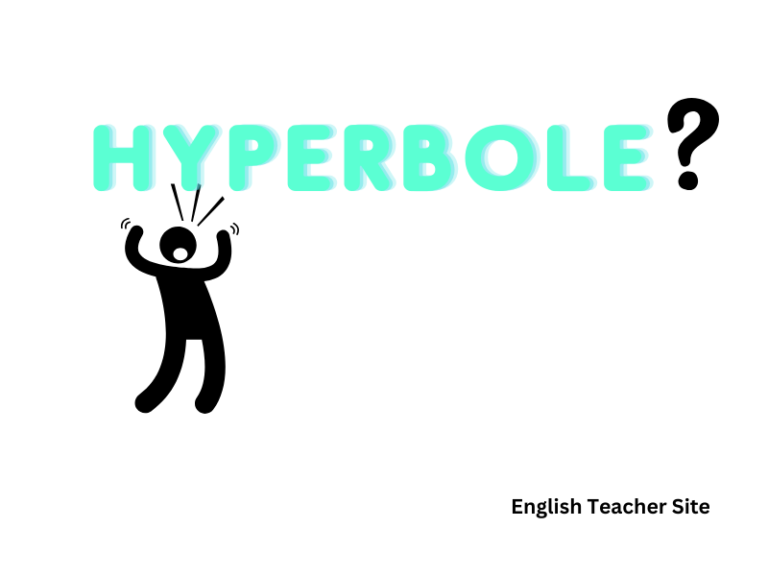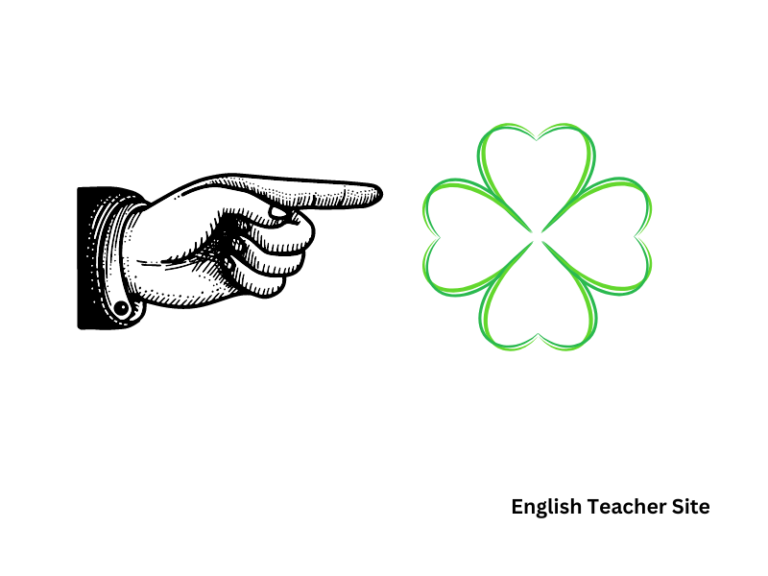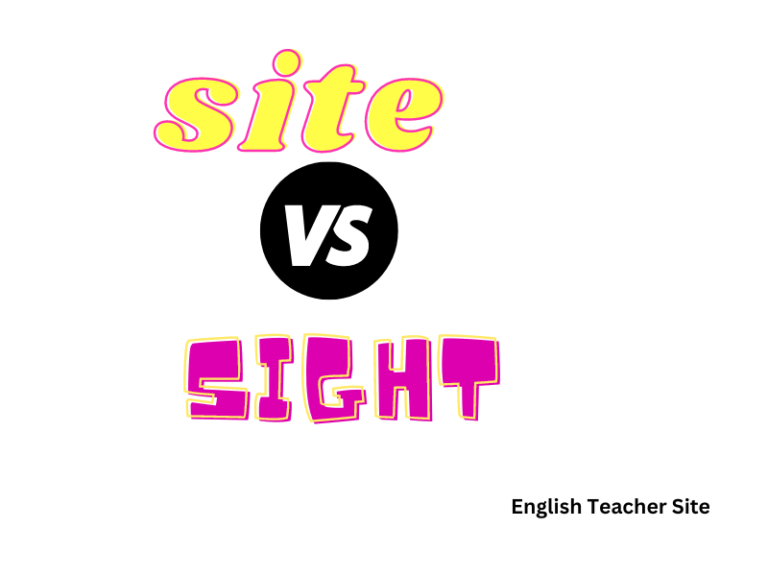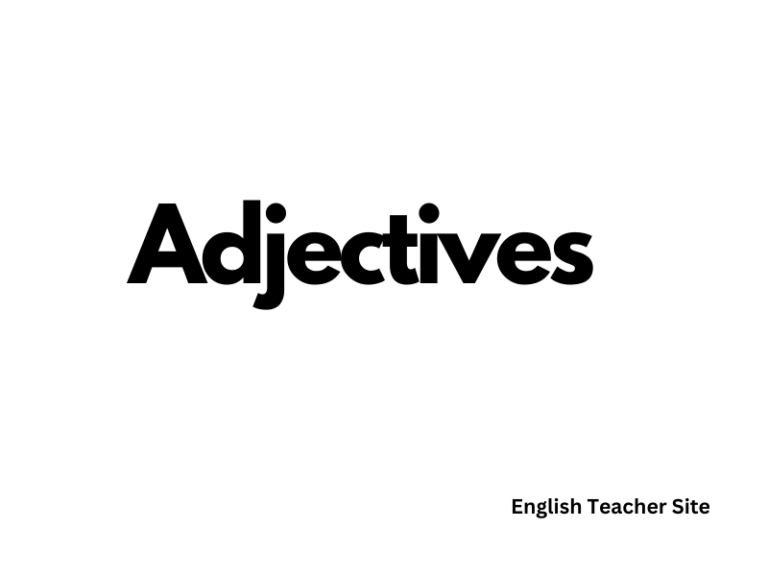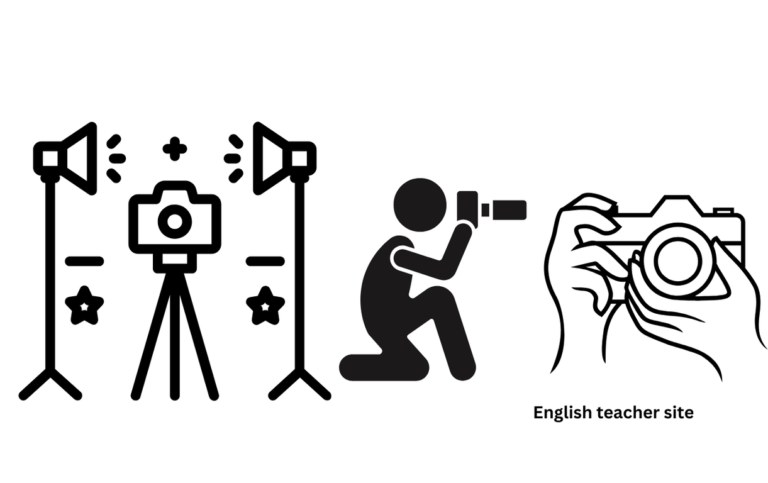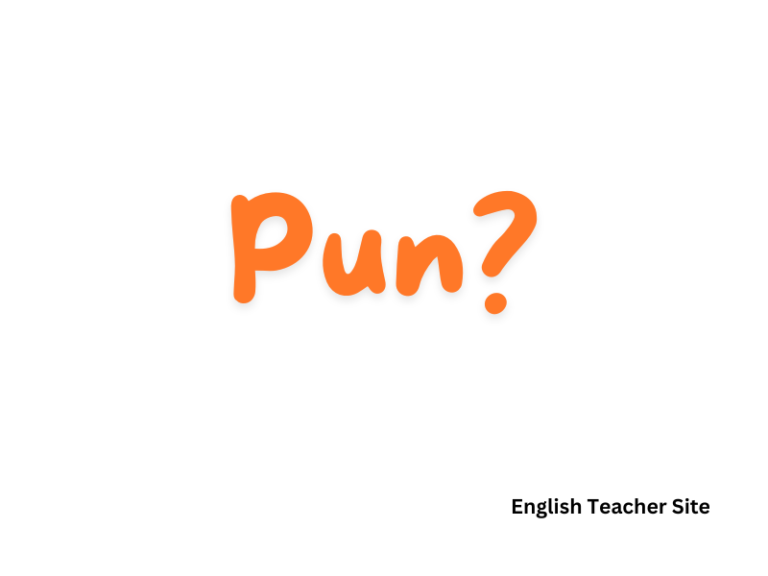What Do You Mean or Meant: Understanding the Past Form of ‘Mean’
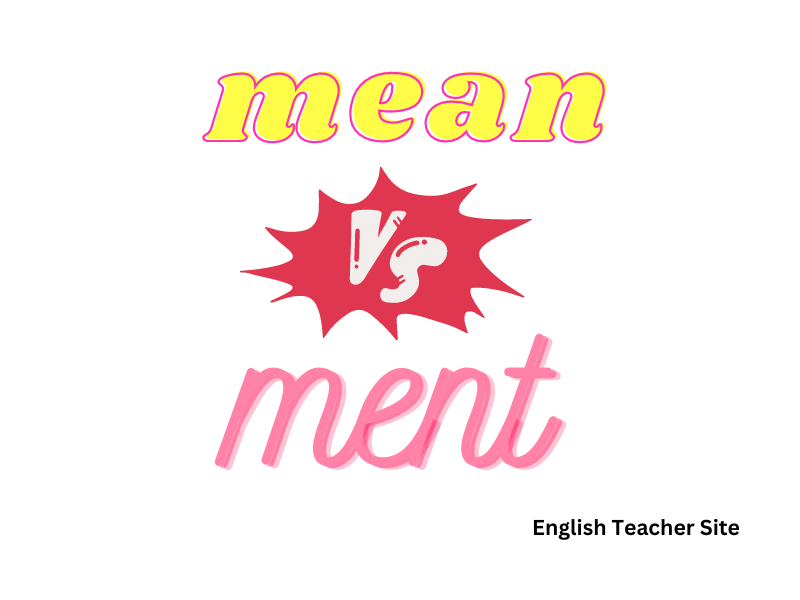
- “Mean” refers to what something signifies or intends to convey.
- “Meant” is the simple past and past participle form of “mean,” distinguishing it as an irregular verb.
- Correct use of “meant” reflects precise communication of past indications or definitions.
When conversing about past events or conditions, the appropriate past form of “mean” is “meant.” The verb “mean” is classified as an irregular verb, meaning that it does not follow the standard pattern of creating past forms by simply adding “-ed” to the base. Instead, “meant” is both the simple past tense and the past participle of the verb.
Decoding “What Do You Mean or Meant?”
The distinction between “mean” and “meant” reflects the different tenses of the verb. In this section, readers will gain clarity on the usage of “mean” in its various forms.
Exploring the meanings and forms of “mean” and its past tense
“Mean,” a verb essential to the English language, signifies the intention behind an action or the significance of a concept. It is commonly used in both written and spoken English to express definitions, intentions, and expectations. In its past tense, “mean” becomes “meant,” indicating a reference to the past.
Forms of “Mean”:
- Base form: mean
- Past simple: meant
- Past participle: meant
- Present participle: meaning
Below are tables demonstrating the conjugation of “mean” in different tenses and examples of its correct usage.
Table 1: Verb Tenses of “Mean”
| Tense | Verb Form |
|---|---|
| Present Simple | mean |
| Past Simple | meant |
| Future Simple | will mean |
| Present Perfect | has/have meant |
Table 2: Usage Examples of “Mean”
| Tense | Example Sentence |
|---|---|
| Present Simple | I mean to say this carefully. |
| Past Simple | Yesterday, I meant to call you. |
| Future Simple | Tomorrow, I will mean every word. |
| Present Perfect | I have meant to change this habit. |
- Present Tense: “mean” is direct and speaks to current intentions.
- Example: She means to finish her work before the deadline.
- Past Tense: “meant” deals with intentions or significance in the past.
- Example: They meant to arrive earlier, but traffic delayed them.
- Future Tense: “will mean” projects intentions or significance into the future.
- Example: It will mean a lot to them if you can attend.
Forms of Mean
The verb “mean” plays a fundamental role in English, expressing definition, intention, or significance. Its past forms are crucial for proper tense use.
Understanding Different Meanings
The verb mean can take on different forms depending on its tense and the meaning one wishes to convey. In the present tense, “mean” describes a current state of being or definition. However, it’s the past forms that often cause confusion due to its irregular conjugation. Below, we’ll explore the different past forms and their correct usage.
Past Simple and Past Participle:
To convey actions in the past, “mean” transforms into “meant”. This form is used both as the simple past and the past participle, maintaining uniformity across these tenses.
| Tense | Form |
|---|---|
| Simple Past | meant |
| Past Participle | meant |
Examples in Sentences:
- Simple Past: “Yesterday, she meant to call you but forgot.”
- Past Participle: “He has always meant well, despite the outcomes.”
In summary, “mean” is an irregular verb with “meant” serving as both its simple past and past participle form. Familiarity with these forms enables accurate communication of past actions and intentions.
Past Participle of Mean
This characteristic is pivotal when constructing sentences in the perfect tenses or the passive voice.
Identifying the Past Form
Below is a breakdown of its usage:
| Tense | Example Sentence |
|---|---|
| Simple Past | She meant to call you yesterday. |
| Present Perfect | They have always meant well. |
Differentiating between simple past and past participle:
- Simple past is used to describe an action that was completed in the past.
- Example: “Yesterday, I meant to save the document.”
- Past participle is used with helping verbs to form perfect tenses or passive voice.
- Example: “The words have meant a lot to her over the years.”
Here are the key points to note about the past participle “meant”:
- Meant is the past participle form of “mean.”
- Used in perfect tenses and passive voice constructions.
- Remains unchanged regardless of the subject.
Examples of Mean in Present Tense
The verb “mean” plays an integral role when one intends to express definitions or convey explanations in the present tense. The word is frequently utilized to question or explain the significance of words, expressions, or actions.
Illustrating Present Usage
The present tense form of “mean” is important in day-to-day communication. Below are example sentences to illustrate its application:
Simple Statements:
- He means well, even if his words are blunt.
- This sign means that entry is prohibited.
Interrogative Form:
- What does mean in this context?
- How does she mean to solve the problem?
Using “mean” in the present tense indicates a current state of intention or definition. Whether posing a question about the definition of a term or stating the intent behind an action, “mean” serves as a linguistic bridge to clarity. Its usage spans across various forms of expressions, from written texts to spoken dialogs, underlining how indispensable it has become in understanding and being understood.
Examples of Meant in Past Tense
The past form of the verb “mean” is “meant.” It acts as both the simple past tense and the past participle in English grammar. This section provides specific examples of how “meant” is used to convey a past action or state. Understanding its correct usage is crucial for mastering past tense narrative and expression.
Demonstrating Past Usage
When integrating the word “meant” into sentences, it’s important to recognize its role in conveying actions or states that have already happened. Below are two tables showcasing “meant” in affirmative and negative constructions, along with bullet points that offer examples in question form:
Affirmative Sentences
| Subject | Auxiliary Verb | “Meant” | Complement |
|---|---|---|---|
| He | meant | to call yesterday. | |
| They | meant | no disrespect. | |
| The sign | meant | we should stop. |
- He meant to call yesterday indicates an intention that was not carried out in the past.
- They meant no disrespect suggests that there was no intention to cause offense.
- The sign meant we should stop implies that the sign’s purpose was to instruct us to halt.
Negative Sentences
| Subject | Auxiliary Verb | Negative | “Meant” | Complement |
|---|---|---|---|---|
| I | didn’t | meant | to hurt your feelings. | |
| She | wasn’t | meant | to be late. | |
| It | wasn’t | meant | to be a secret. |
- I didn’t mean to hurt your feelings expresses regret over an action that caused unintended harm.
- She wasn’t meant to be late indicates circumstances beyond one’s control resulted in lateness.
- It wasn’t meant to be a secret suggests something was not intended to be kept hidden.
Questions Using ‘Meant’
- What meant the most to you during your childhood?
- Where was she meant to meet us after the concert?
- How was this meant to be interpreted?
These examples clearly display the usage of “meant” in past tense contexts, helping to reinforce its role in expressing past intentions, meanings, and purposes.
Examples of Past Participle “Meant”
The past participle form of the verb “mean,” which is “meant,” has a crucial role in the English language. It serves as both the simple past tense and past participle for the verb “mean.” Understanding how to use “meant” correctly is essential in both spoken and written English.
Showcasing Past Participles
In this section, various sentences utilize the word “meant” to exhibit its function as a past participle. Each example demonstrates the use of “meant” in common English constructions.
Sentence Construction with “Meant”
| Sentence Example | Explanation |
|---|---|
| She meant to call you yesterday. | “Meant” is used to describe an intention that was not completed. |
| The gift was meant for you. | Indicates something was intended for a specific person. |
| They have always meant so much to each other. | Shows the long-standing significance one person has to another. |
The tables above provide clarity on different contexts where “meant” operates as a past participle. Each instance shows the adaptability of “meant” in expressing past intentions or purposes.
In Phrasal Constructions
- “They meant well,” demonstrates good intentions in past actions.
- “The book that meant a lot to her,” emphasizes the significance of the book in the past.
Through these constructs, it is evident how “meant” can convey past intentions, emotions, and significances tied to actions, objects, or individuals. It bridges past expressions with present understanding, making it a staple in past participle usage.
Synonyms of Mean
When expressing what someone intends to convey in English, synonyms for “mean” are quite useful for variety.
Synonyms for Mean in Communication:
Table 1: Synonyms for the Communication Aspect of Mean
| Verb | Use Case in a Sentence |
|---|---|
| Signify | “The red color in traffic lights signifies ‘stop’.” |
| Convey | “Her gesture conveyed a sense of urgency.” |
| Indicate | “Clouds in the sky indicate potential rain.” |
| Denote | “A high temperature often denotes a fever.” |
These verbs tend to emphasize the act of conveying a message or idea.
Other Synonyms with Different Connotations:
Table 2: Synonyms for Mean with Various Connotations
| Verb | Use Case Suggesting Emotion |
|---|---|
| Suggest | “The tone of her voice suggested she was unhappy.” |
| Imply | “His silence might imply consent.” |
| Intend | “She intended to finish the project by Friday.” |
| Symbolize | “Doves symbolize peace in many cultures.” |
- “Signify” and “denote” are often used in formal contexts.
- “Convey” is regularly employed when discussing the transmission of feelings or attitudes.
- “Indicate” is preferred when pointing to evidence or facts.
- “Suggest” and “imply” are suitable when the meaning is not directly stated.
- “Intend” is specifically about personal purpose or design.
- “Symbolize” reflects a deeper level of representation or abstraction.
Origin of Mean
The verb “mean” has a storied history in the English language with its origins deeply rooted in various linguistic predecessors. The use of “mean” in English first surfaced in the context of intent or purpose, a definition that has remained central to its contemporary usage.
Middle English Origins:
- From Old English mænan
- Conveys intent or signifies something
Proto-Germanic Lineage:
- Stemming from Proto-West Germanic *menjojanan
- Related to Old Saxon menian and Old Frisian mena
Influence of Latin and Greek:
- Late Latin medianus, meaning “of or in the middle”
- Greek root medhyo-, translating to “middle”
| Etymological Path | Language | Term | Translation |
|---|---|---|---|
| Middle English | Old English | mænan | To intend, to signify |
| Proto-Germanic | PIE | *medhyo- | Middle |
| Latin | Late Latin | medianus | Of or in the middle |
By examining these linguistic roots, one can see how “mean” has evolved to represent the intention behind words and actions. The verb’s complexity resonates through its dual function as both a statement of intent and a vehicle for conveying significance.
Usage Evolution:
- Initially, “mean” described a middle ground in music or physical space
- Over time, the verb transitioned to encompass the representation of one’s intention
| Early Use | Modern Use |
|---|---|
| A tone between two extremes | What one intends or conveys in speech |
Clarifying Verb Tense Confusions
“Mean” is the base form of the verb which is used in the simple present tense. For instance, “This symbol means peace.” On the other hand, “meant” is the simple past tense form of “mean.” It is used for actions completed in the past, as in “The gesture meant a lot to her.”
Below are two tables showing the simple present and simple past tense forms of the verb “mean” along with examples:
Table 1: Simple Present Tense of “Mean”
| Subject | Verb | Example Sentence |
|---|---|---|
| I | mean | I mean what I say. |
| You | mean | What do you mean by that? |
| He/She/It | mean | He means to change his schedule. |
| We | mean | We mean to start early. |
| They | mean | They mean business. |
Table 2: Simple Past Tense of “Meant”
| Subject | Verb | Example Sentence |
|---|---|---|
| I | meant | I meant to call you yesterday. |
| You | meant | What meant you by your words? |
| He/She/It | meant | She meant no harm. |
| We | meant | We meant to arrive before noon. |
| They | meant | They meant well in their actions. |
To further clarify, the verb “mean” can also appear in other tenses, such as the present perfect (“has/have meant”) and the simple future (“will mean”). Here are examples in bullet points:
- Present Perfect: He has meant to apologize for days now.
- Simple Future: This decision will mean changes in our policy.
When writing or speaking in English, one must pay attention to the context to choose the appropriate tense. Consistency in verb tense within a sentence is essential to avoid confusing the reader or listener. Remember:
- The simple present tense is for actions or situations that occur regularly or are universally true.
- The simple past tense is for actions that were completed at a definite time in the past.
Source
Harper, Douglas. “Etymology of mean.” Online Etymology Dictionary
My name is Khamis Maiouf. I am the creator of the English Teacher Site, dedicated to providing valuable resources and insights for students around the world. With a passion for education and a commitment to helping students enhance their skills, I aim to make English teaching more effective and enjoyable for both educators and students.

